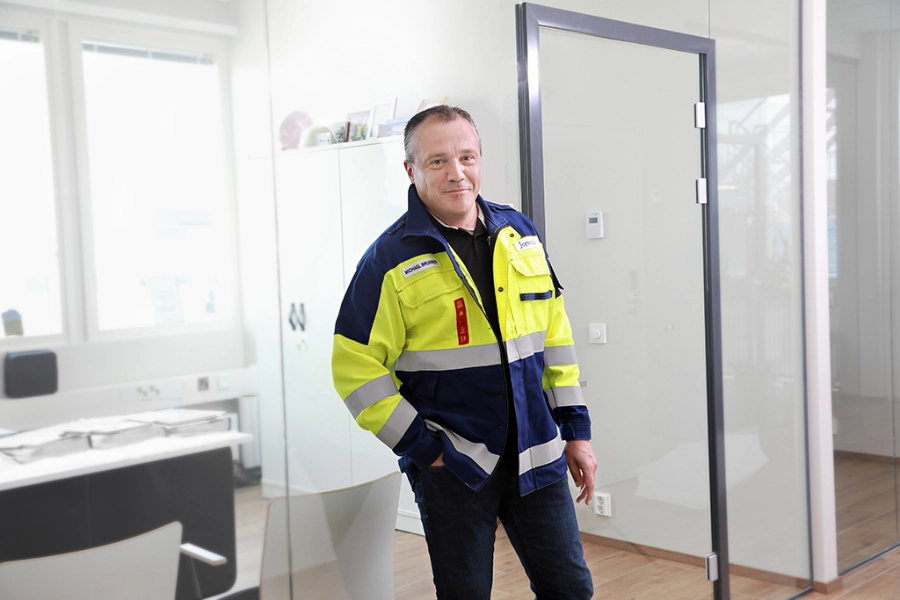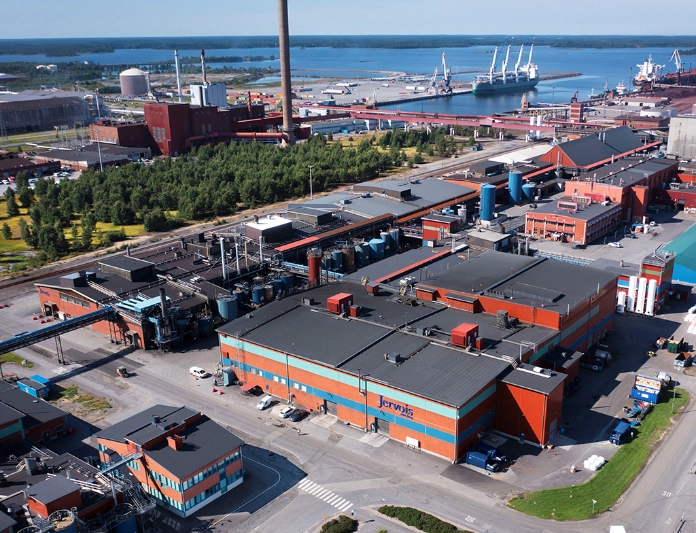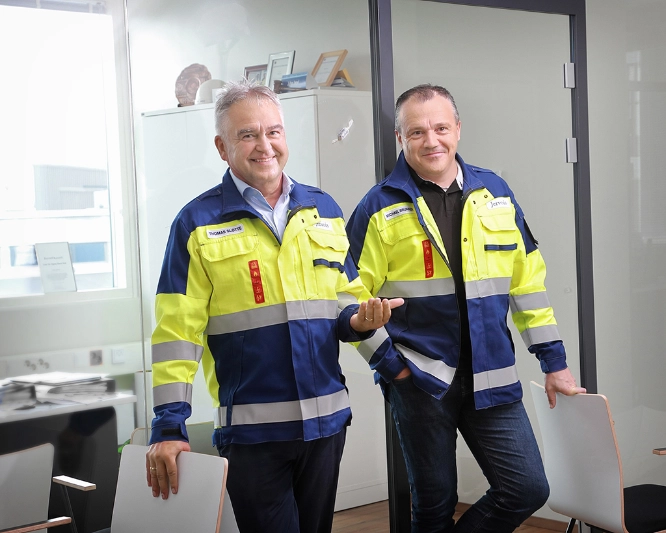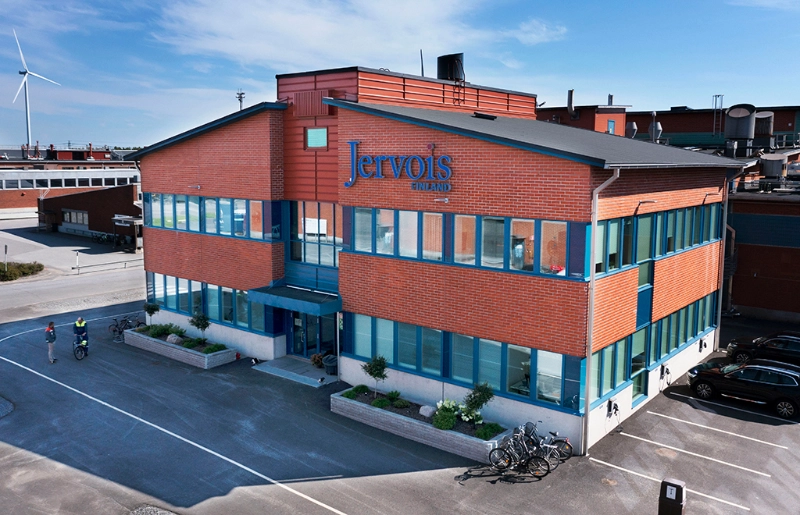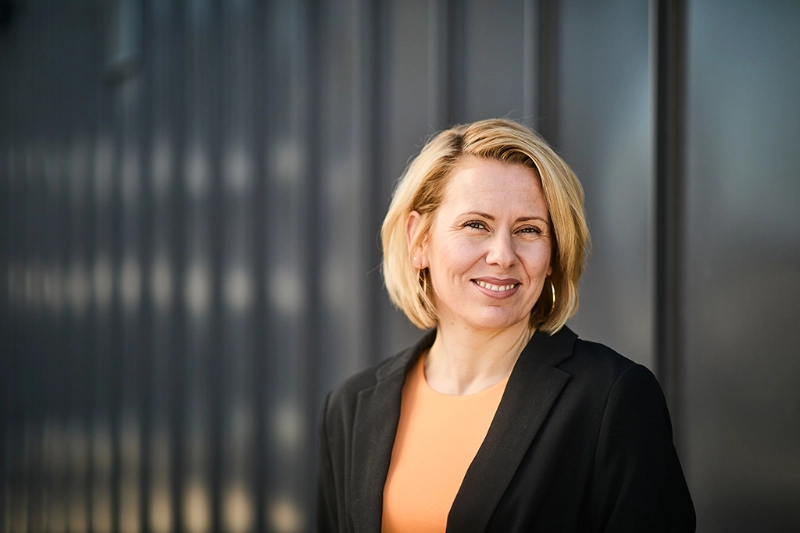After years of banking in Switzerland, Michael Brunner decided to shift his career to cleantech in Finland. He began working at Jervois as a Sustainability Manager in August 2022.
“I wanted to work with cleantech, because the industry has a great future and growth prospects, especially in Finland. Another reason for choosing cleantech is that it’s a line of business where you can do good for the environment by advancing the green transition of heavy industry.”
Jervois is an Australian-based company operating in mining, while Jervois Finland is the global leader of refined cobalt products. In Kokkola, Finland, the company hosts the second largest cobalt refinery outside Asia. The refinery in Kokkola Industrial Park KIP is an ecosystem of 80 companies, many of them working with the green transition. They expect significant growth and are seeing important investments in the green transition bring returns.
Ethical, ecological, and social sustainability are increasingly important in business. That’s something Brunner has noticed on his career path at Jervois. Besides the company’s own ambitions, he also sees rising demand from stakeholders in the supply chain, such as clients, partners, and end customers who want to know things like where the cobalt in their electric vehicles comes from and be assured that three were no human rights violations along the supply chain.
“Factors like human rights, environmental due diligence and chain of custody carry a lot of weight, and that’s increasing all the time. For responsible sourcing, the necessary laws don’t even exist yet. So our industry often needs to develop the standards that we act upon. At Jervois, we want to be a front-runner ahead of legislative development, because we want to be the best in our industry”.
